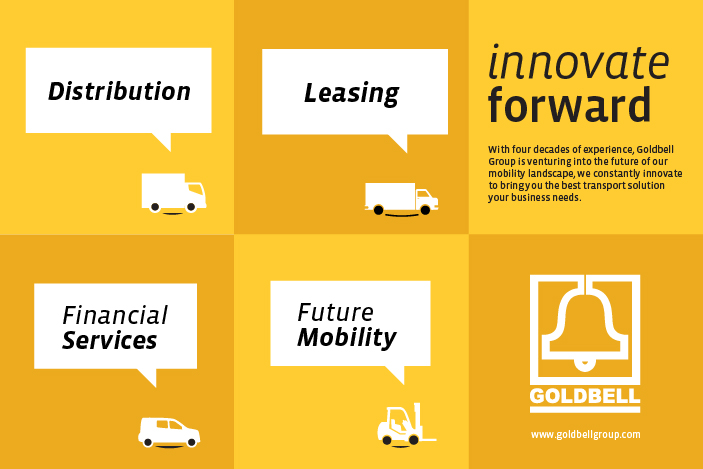THERE are a number of legal questions that arise from the application and commercialization of machine learning and artificial intelligence (“AI”).
One of the most immediate questions relates to liability – as machine learning becomes more sophisticated, and as the volume of data fed into AI systems increases, the likelihood that AI developers will understand how every decision made by an AI is reached, declines.
When developers no longer understand how an AI output is reached, who should be liable for decisions made pursuant to the “black box” AI output – the developers, or the clients who use the AI…or neither?
Intelligent Enough To Be Blamed?
Another, perhaps more interesting, philosophical question relates to artificial general intelligence.
If an AI, engaging in recursive self-improvement, reaches the point where it passes all the usual tests for distinguishing between humans and machines:
(i) Should it be regarded as conscious;
(ii) Does it matter whether it actually has consciousness if, for all intents and purposes, it behaves as though it does; and
(iii) In either case, should it have its own legal identity and be liable for the same things as a human?
Article Follows…
Will Machines Man Up?
In this regard, it is notable that the Google Duplex AI appears to already have passed the Turing Test – at least in relation to the specific task of making appointments via telephone.
For now, the AI can be regarded as artificial specific intelligence rather than artificial general intelligence.
But the very fact that a human could not tell that Google Duplex was a machine during their interaction demonstrates that we need to seriously begin thinking about how to address the potential legal identity of machines.
Main image: Shutterstock
 Dharma Sadasivan is a panelist at the upcoming Keep It Going: the Nth revolutioN, which will focus on the topic Machine Learning & Design.
Dharma Sadasivan is a panelist at the upcoming Keep It Going: the Nth revolutioN, which will focus on the topic Machine Learning & Design.
Dharma is the Associate Director at BR Law, where he undertakes non-contentious commercial and advisory work, focusing on matters involving intellectual property, technology, personal data and commercial contracts.
If you would like to attend the session on 22 November 2018 from 2pm – 5pm email kig@storm.sg. More details if you get a seat.
You May Also Want To Read:
Machine Learning Is High-Speed Repetition
MasterChef — Did They Choose The Right Winner?
At the recent the Nth revolutioN, the discussions on The Good, The Bad And The Ugly Of The Future covered things technological but also focused on the quality of life in light of the changes that are thrust upon society.
Read more articles from the Nth revolutioN at http://www.storm.sg/keep-it-going/
[poll id=”56″]
























